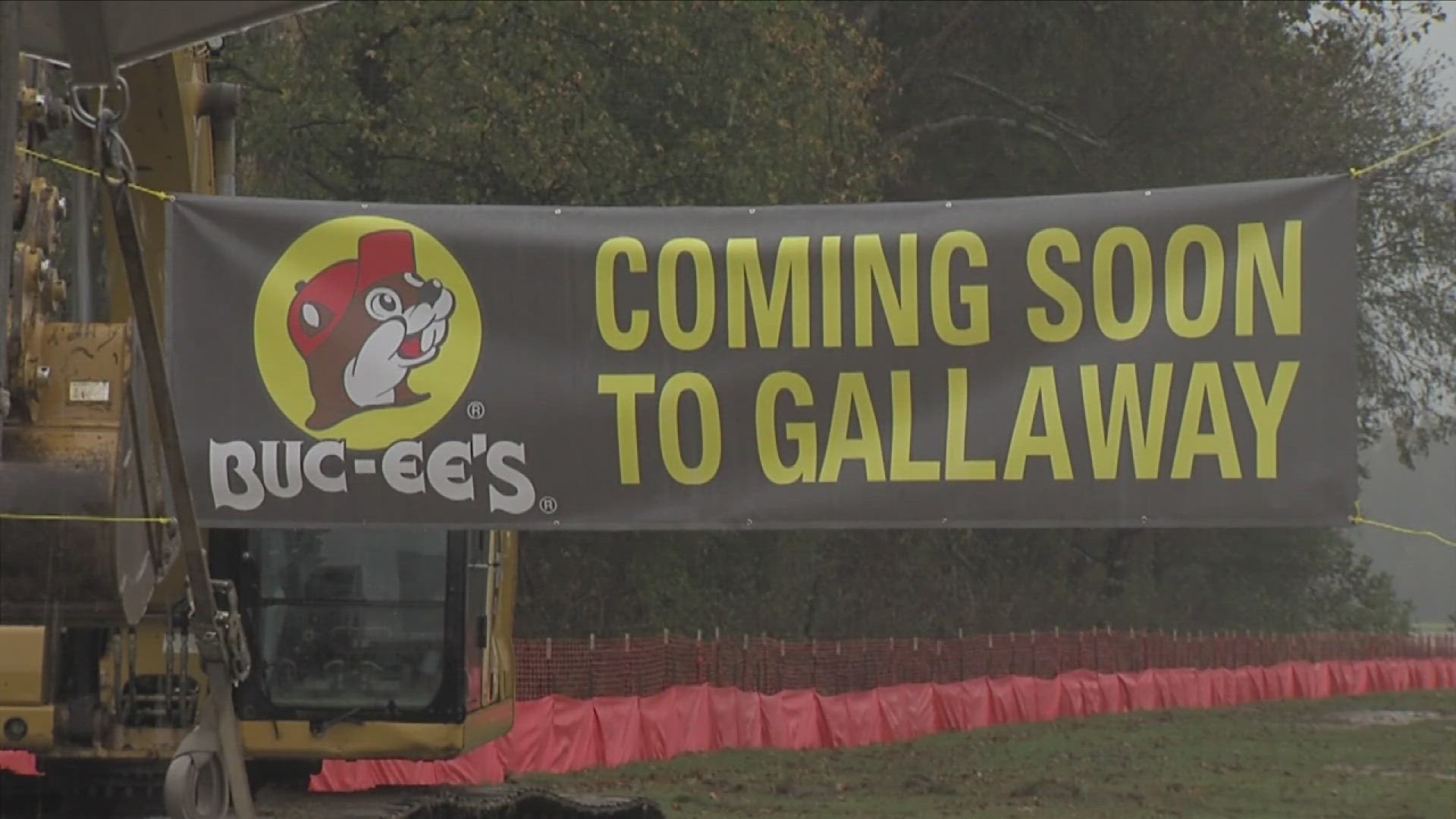Mississippi's two most densely populated counties are on the far northern and southern ends of the state, according to 2020 census numbers released Thursday.
DeSoto County is in the north, just south of Memphis, Tennessee, and it has been growing for two decades. The census showed the county has 389 people per square mile. Harrison County, on the Gulf Coast, is home to casinos and military bases. It has about 364 people per square mile.
Next in population density are two counties in the metro Jackson area in central Mississippi — Hinds County, with about 262 people per square mile; and neighboring Rankin County, with about 203.
Hinds is the home to Mississippi's capital city, and it remains the largest of Mississippi's 82 counties by population, with 227,742 residents. But that number is a 7% decrease since the 2010 census.
The second-largest county by population, DeSoto, has 185,314 residents, an increase of almost 15% in the past decade.
The Census Bureau released preliminary numbers in April showing that Mississippi, Illinois and West Virginia are the only states that lost population from 2010 to 2020.
Numbers released Thursday show Mississippi is the 34th-largest state by population, with 2,961,279 residents. That is just behind Arkansas and ahead of Kansas.
The new numbers also show that about 55% of Mississippi residents are white, 36% are Black, nearly 4% are Hispanic or Latino and nearly 3% are two or more races but not Hispanic or Latino.
Mississippi legislators will use the new census numbers to reconfigure the state's four U.S. House districts, 122 state House districts and 52 state Senate districts.
Republicans hold three of the four congressional seats and have wide majorities in the state House and Senate. Redistricting is not expected to change the partisan balance.
"During the last redistricting cycle, lawmakers seized on Mississippi's extreme racially polarized voting — the tendency of voters of different races to vote in opposite directions — to diminish the ability of Black voters to pick their preferred candidates through the use of gerrymandering, packing and splitting," the ACLU of Mississippi said Thursday.
"Packing" refers to drawing district lines with concentrated populations of one race. "Splitting" refers to breaking up communities with common characteristics, such as race, into multiple districts to dilute their power to influence the outcome of elections.
The ACLU said Republicans control three of the 64 state legislative districts that are less than 55% white, and 108 of the 110 state legislative districts that are 55% or more white.
"The concentration of Black voters in a small number of districts and scattering of Black voters in the remaining districts diminishes Black voting power in the state as a whole," the ACLU said.
The release of the redistricting data culled from the 2020 census is coming more than four months later than expected because of delays caused by the pandemic.



